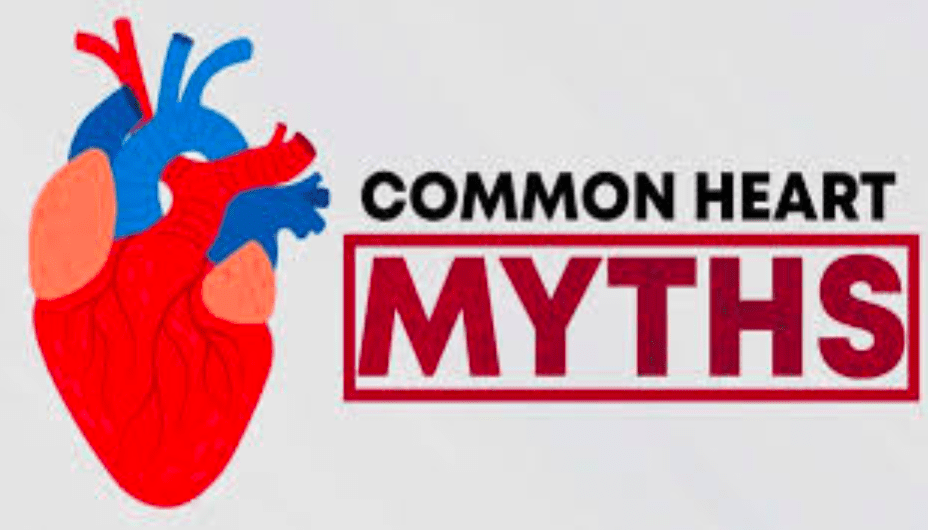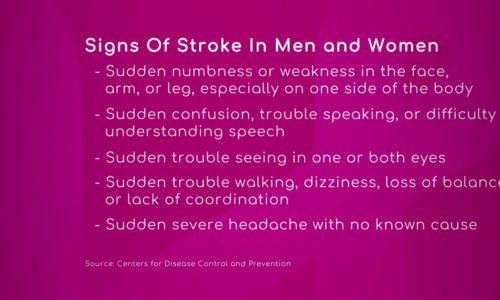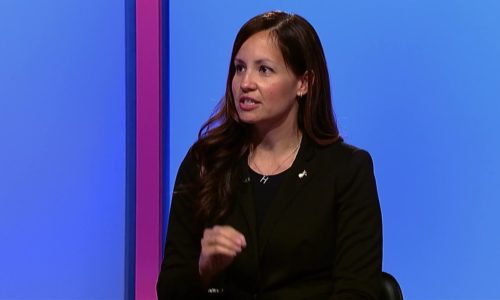Should You Rest and Take it Easy if You Have Heart Disease? |

Do you really know about heart disease? Heart disease is the leading cause of death in the United States, causing about 1 in 4 deaths. The term “heart disease” refers to several types of heart conditions. In the United States, the most common type of heart disease is coronary artery disease (CAD), which can lead to a heart attack. Host Henry Guzman of the Health Channel show, Health Insiders, sat down with cardiologist Dr. Ted Feldman to test your knowledge.
Dr. Feldman says absolutely not. “When I first entered medical school, the treatment for people after a heart attack was three weeks of bed rest,” Dr. Feldman recounts, “we now get people moving the day or the day after the heart attack and procedure.” Dr. Feldman emphasizes that the single most important thing you can do to help with heart disease is remain physically active. “Now, in the immediate period after a bypass or a heart attack doing [exercise] under the auspices of a formal cardiac rehabilitation program would be highly recommended, but that’s only for a matter of about 12 weeks,” he says. Anybody with heart disease or risk factors for heart disease such as high blood pressure, high cholesterol, diabetes, or congestive heart failure should be as active as possible for the best health outcomes. Dr. Feldman adds that any diagnosis, cardiac or not, can be aided with regular physical activity to promote a better quality of life.
Some people believe that if you take a cholesterol-lowering drug, they are free to eat anything. Dr. Feldman says that this is also the opposite of the truth. “There is no question that what you eat and how much you eat is the single most important factor in controlling all of the metabolic risk factors for heart disease,” he asserts. Though, he says that if you are on aggressive medication, you can certainly eat a little more and still reap the benefits of healthy eating. “Having said that though, we want to put people on the least amount of medication required and in order to do that, people need to continue to follow lifestyle recommendations around healthy eating and regular activity,” he adds. Dr. Feldman says that whether you are on a cholesterol-lowering medication or not, you still have to be compliant with the diet recommended to you by your doctor. Dr. Feldman says that with diet you should always keep in mind moderation, variety, and balance.
The doctor says that it is important to present to patients a diet as a list of foods they can eat as opposed to foods they cannot eat. Generally, Dr. Feldman says that he tells patients to stick to the 90-10 rule, that being that 90 percent of the food they eat should stick to the diet given to them by the doctor and 10 percent of the food they eat can be cheat day foods. If the unhealthy foods you eat are in small portions and you do not eat them that frequently, Dr. Feldman says that it should not be a problem.
To watch the full segment of Dr. Ted Feldman dispelling common heart disease misconceptions, visit: https://youtu.be/xjcvwtSt6Zk








